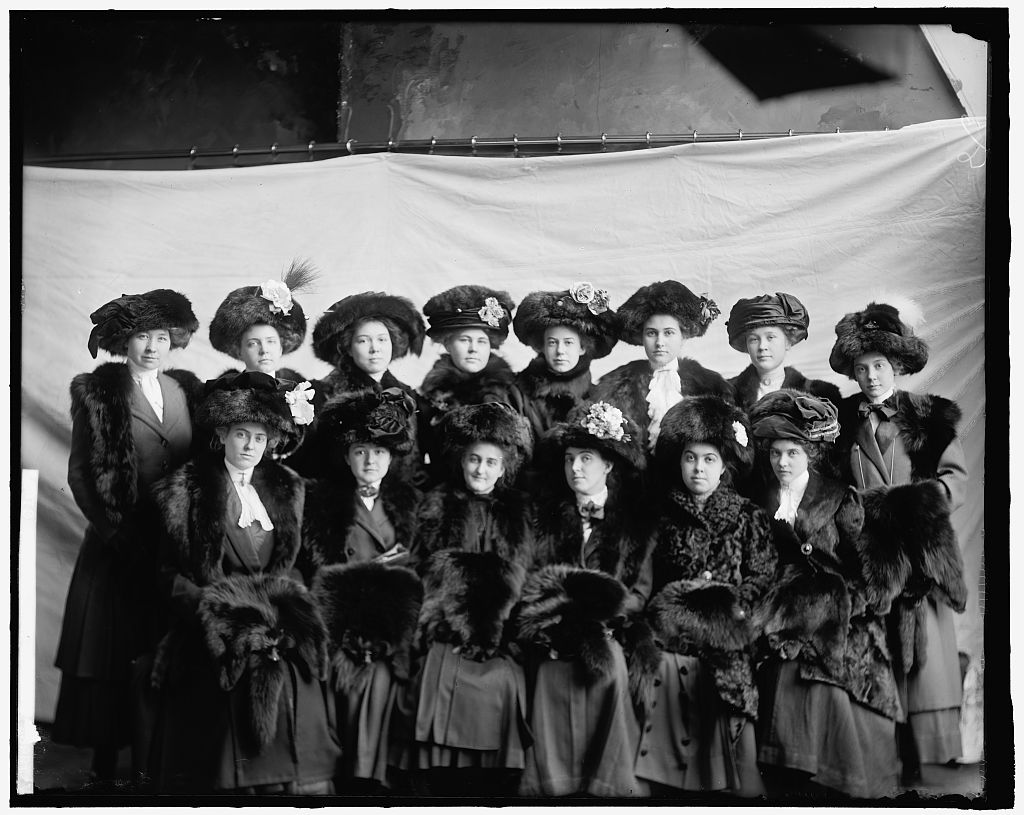In 2008, author Suzanne Collins created what is sure to be considered a dystopian classic. The Hunger Games explores issues of classism, war, and oppression, all through the lens of young adult (YA) fiction. The trilogy consists of; the Hunger Games (2008), Catching Fire (2009), and Mockingjay (2010).
The books follow Katniss Everdeen as she navigates a dystopian world, participating in the annual televised Hunger Games, where she is pitted against one male and one female tribute from the 12 districts that make up the country of Panem, fighting to the death until one remains. She saves her district partner, Peeta Mellark, sparking a rebellion against the oppressive Capitol, and ultimately becoming the reluctant symbol of a district-wide uprising. The president of Panem, Coriolanus Snow thrives off of the existence of the Capitol, the tyrannical system of the districts, and the brutality of The Hunger Games.
Suzanne Collins sought to explore the elements that shaped President Snow into the despised and villainous dictator he is in the original Hunger Games books and movies, while also revealing his untapped humanity in the prequel to The Hunger Games: The Ballad of Songbirds and Snakes, written in 2020.

Snow grew up in a poverty-stricken Capitol as a result of an earlier district rebellion. Due to this, he learned self-preservation quickly and developed a deep and personal hate for the districts of Panem.
While attending the Capitols Academy for the children of the wealthy and powerful, a young Snow plays the role of a mentor to Lucy Gray Baird, the female tribute from District 12, 64 years before the events shown in the first movie. Snow mentors her in the 10th annual Hunger Games in hopes of winning the Plinthe prize, a full ride to college. To do so, he must prove his worthiness as the best mentor out of 23 others during the games to both the Dean of the Academy and the head Game Maker.
In the midst of it all, Snow begins to care for Lucy Gray in a way he never had for anyone before, altering his pre-existing beliefs and morals. Throughout the story, Snow delicately navigates the fine line between morality and malevolence, ultimately falling down the latter path.
The much-anticipated movie adaptation of The Ballad of Songbirds and Snakes was directed by Francis Lawrence, who is known for directing the four past Hunger Games films. The movie hit theaters on November 17, three years after the novel was published.
The book is told through Snow’s internal thoughts, navigating his changing perspective on the Hunger Games, Lucy Gray, the districts, and the rebellion throughout his time mentoring in the Capitol and later Peacekeeping in District 12.
Adapting these details into movie format poses a unique challenge.
Colorado State University student Megan Beugen, who has only read the book, shared her anticipation for the movie but was also very interested to know how the movie would capture Snow’s inner thoughts throughout the book, especially during critical parts of the story.
“I’m excited for the last scene at the lake, I feel that’s one of the most pivotal parts of the whole book, and I’m excited to see how they’re going to play it out since a lot of it was in his head.”
I followed up with Beugen after she had watched the movie to hear what she had to say.
“I think they could’ve done a better job portraying Snow’s inner thoughts,” Beugan said. “If I was just watching the movie it would’ve been hard to see exactly what Snow was thinking, and because of that, the narrative of his actions and why he was doing what he was doing was changed.”
Beugen went on to explain how the movie portrayed Snow as a good person turned bad when in the book all along he had bad tendencies and thoughts. Snow does seemingly good things to get himself ahead in the games while disguising these actions as good deeds for Lucy Gray and others.
The movie viewers of The Ballad of Songbirds and Snakes don’t see the calculated motives behind Snow’s actions, leading viewers and readers to two entirely different perspectives of Snow.
Erin Burke, a CSU student unfamiliar with the book, but who has watched all four of The Hunger Games movies shared her perspective after seeing the film, “I wish they elaborated as to why he became bad. It’s still up in the air. I don’t hate him. I appreciate that they humanize him and show his feelings and ability to love, whereas before you just saw this ironclad villain.”
Burke felt apologetic towards Snow and all that he went through, the same couldn’t be said for CSU student Neha Deshpande who has both read the book and seen the movie.
“If you read the book, you know that his (Snow’s) way of thinking is so twisted and that he was always just out to protect himself and didn’t care about anybody else,” Deshpande said. “In the movie, it seemed his actions were justifiable.”
Burke and Deshpande walked away from The Ballad of Songbirds and Snakes film with two very different views of Snow.
Snow’s adoration and love for Lucy Gray are tangled in the influence he wields over her and what it means for him if she wins the games, leaving readers, viewers, and the characters in the film puzzled. Was Snow looking out for himself the whole time or did he truly love Lucy Gray? Did he want Lucy to win the games for the Plinthe prize or because of his love for her? Suzanne Collins seems to intentionally leave these questions open for interpretation.
In an ideal world, there is a clearly drawn line between good and bad. However, this is hardly ever the case. Snow’s villain story proves to not be completely black and white. Snow is not only a snake and Lucy Gray is not only a songbird; they are both, just as we all are. The Ballad of Songbirds and Snakes pushes us to think introspectively, Snow’s story is meant to act as a mirror reflecting the unsettling multifaceted aspects within ourselves.




































